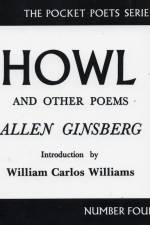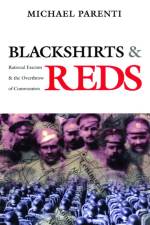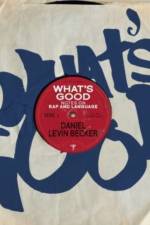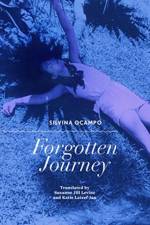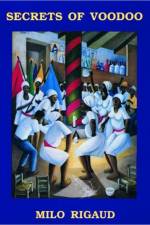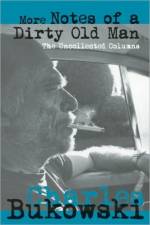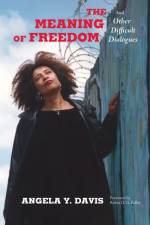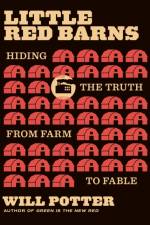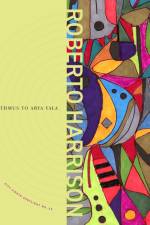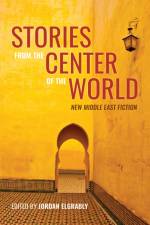av Hanif Kureshi
187
"Short stories from 25 emerging and established writers of Middle Eastern and North African origins, a unique collection of voices and viewpoints that illuminate life in the global Arab/Muslim world. Stories from the Center of the World gathers new writing from the Greater Middle East, a vast region that stretches from Southwest Asia, through the Middle East and Turkey, and across Northern Africa. The 25 authors included here are either native to the region, or part of a diasporic community, a diverse mix of men and women, queer and straight, who come from a wide range of cultures and countries, including Palestine, Syria, Pakistan, Iran, Lebanon, Egypt, and Morocco, to name a few. Selected from among a wave of new fiction published in The Markaz Review, this 'best of' collection features both well-established and emerging writers, some being published in English for the first time. The stories span a number of styles and genres, from literary fiction to sci-fi, epistolary to noir. In 'Asha and Haaji,' Hanif Kureishi takes up the cause of outsiders who become uprooted when war or disaster strikes and they flee for safe haven. In Nektar Anastasiadou's 'The Location of the Soul According to Benyamin Alhadeff,' two students in Istanbul from different classes--and religions that have often been at odds with one another--believe they can overcome all obstacles. MK Harb's story, 'Counter Strike,' is about queer love among Beiruti adolescents; and Salar Abdoh's 'The Roots of Heaven' invites us into the world of former militants, fighters who fought ISIS or Daesh in Iraq and Syria, who are having a hard time readjusting to civilian life. In 'Eleazar,' Karim Kattan tells an unexpected Palestinian story in which the usual antagonists--Israeli occupation forces--are mostly absent, while another malevolent force seems to overtake an unsuspecting family. Omar El Akkad's 'The Icarist' is a coming-of-age story about the underworld in which illegal immigrants are forced to live, and what happens when one dares to break away. The Markaz Review, an online journal of literature and the arts, was founded in 2020 with a mission to showcase work from a cultural region that's often overlooked or misrepresented. Here, we get a different viewpoint. Moving from the margins to the center, or the markaz--a word and a concept shared among languages and cultures of the region--the writers featured here establish a worldview that highlights the vanguard creativity and humanity of the various populations represented in their stories"

